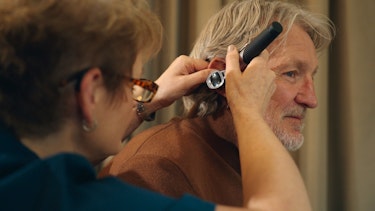Why it matters: As companies consider (and reconsider) post-pandemic work arrangements, understanding the impact on managers is crucial for organisational success.
The big picture: The pilot study, led by Dr Laura Reeves, interviewed 22 managers and conducted focus groups with 19 others from various sectors in the East of England.

By the numbers:
58% of managers felt they belonged more to their team compared to pre-pandemic
32% reported no change in their sense of belonging
93% said a sense of belonging was important in agile working set-ups
96% said they "need to belong" while hybrid working
Key findings:
Managers intentionally improved communication with staff
Work-life balance improved for many
Team away days, coffee mornings, and informal online spaces helped foster connection
GIFs became a popular tool for informal communication
What they're saying: "Our communication within the team improved massively when we went to remote working because everyone made an effort to communicate," one manager said.
Yes, but: More than half of the participants reported challenges in onboarding new recruits.
Dr Laura Reeves, Research Associate at the University of Suffolk, said: "With agile working placing managers further away from their employees, it would be easy to assume that levels of communication or belonging would decrease, but this study has actually found the opposite, as managers have worked hard to ensure they remain connected."
What's next: Dr Reeves will pursue a second phase of research exploring onboarding challenges. Workshops are scheduled for 25 September (in-person) and 2 October (online) to share findings and discuss future research directions.
Organisations interested in attending the online workshop can contact Dr Reeves at l.reeves@uos.ac.uk.







